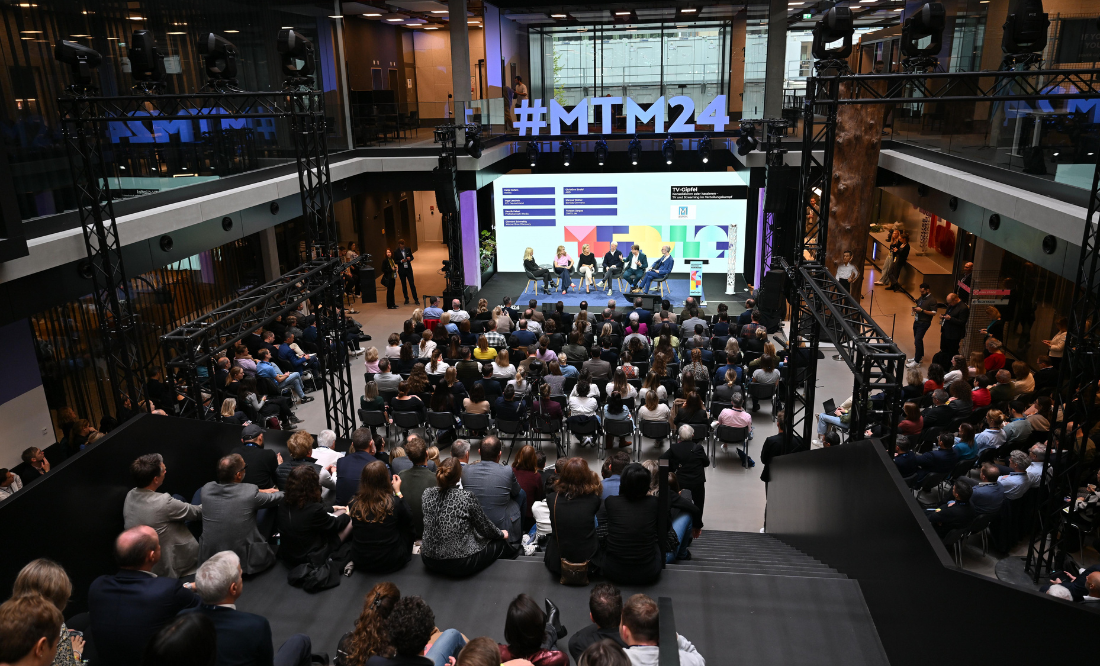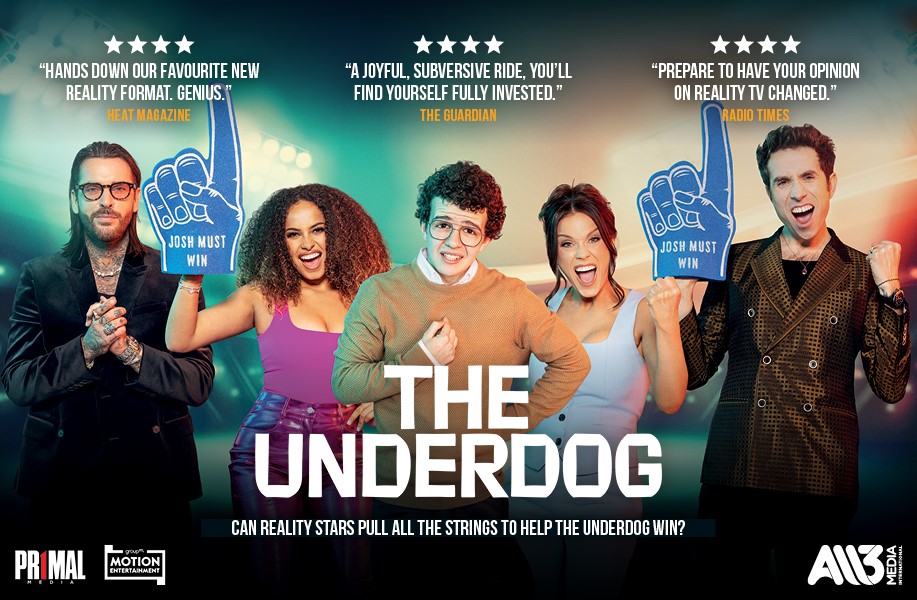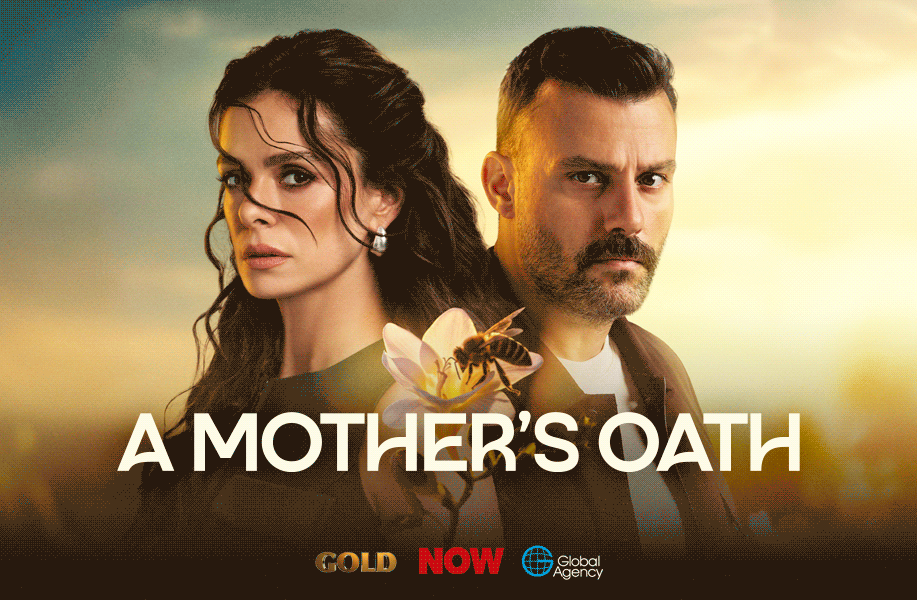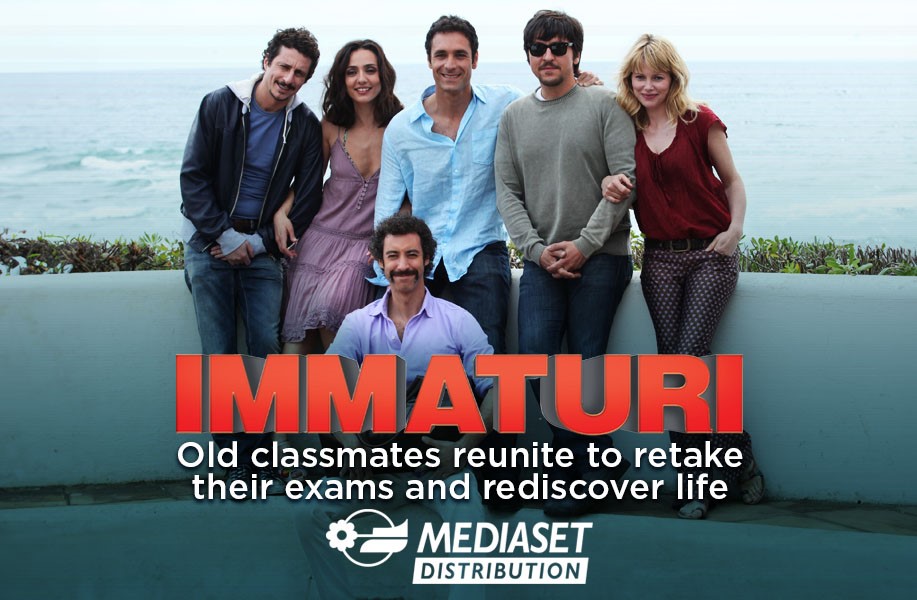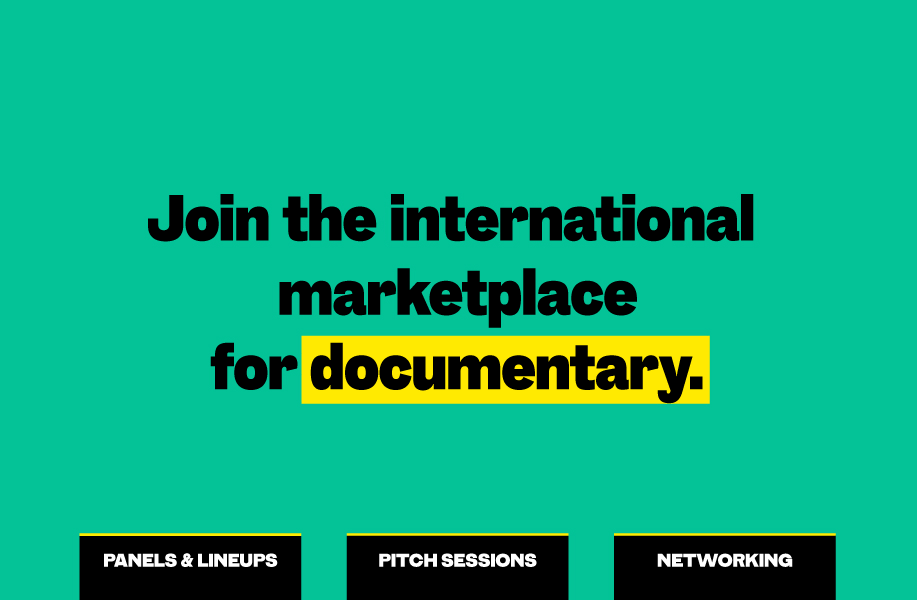Cooperation instead of confrontation
Jonathan Thompson set the tone at the beginning. The Managing Director of Everyone TV introduced the British app “Freely”, which he presented as a case study of a successful partnership in the streaming age. “Freely” is owned by the four British broadcasters BBC, ITV, Channel 4 and Channel 5. The service brings together live TV and video on demand, with numerous different program providers on one platform. “National broadcasters need to work together,” said Thompson,” that’s the heart of Freely.” Models like this are “the future of streaming”. According to Thomsen, in five to six years, 50% of TV usage in the UK will be via OTT. He described various ingredients, like collaborations on TV operating systems, with retailers, and TV manufactures, with the target to provide “Simple access to the best of British TV”. And he emphasized that it’s not just and app, but it’s about the whole chain, the integration on partner devices, massive marketing campaigns and so on. The aim is, to provide viewers prominent points of entry via linear, and ensure the relevance and discoverability of national broadcasters and content.
This type of cooperation is not yet a reality in Germany: In April appointed Seven.One Entertainment Group Chief Operating Officer (COO) Markus Breitenecker wants to “end the skirmish of the past” between pubcasters and private broadcasters. The Austrian manager want’s all broadcasters to join P7S1’s Joyn platform, especially the biggest competitor RTL. The also Austrian-born Inga Leschek, Chief Content Officer (CCO) of RTL Germany since June, rejected the request at a panel the following day: “It doesn't make sense in the other direction”, commenting on a suggestion from her boss, who had proposed including individual successful formats in the RTL VOD offering.
Quality matters
As opening of the TV summit panel “Consolidate or cash in - TV and streaming in the distribution battle.”, hosted by Torsten Zarges, Clement Schwebig, President & MD, Western Europe & Africa at Warner Bros. Discovery, shared that MAX will launch in the German market in 2026, whiteout without specifying a more precise date. Currently Sky Germany is home of the HBO shows in the territory. Schwebig emphasized the openness for partnerships.
In the subsequent discussion Banijay Germany CEO and partner Marcus Wolter called “we have to get out of the fully comprehensive insurance mentality” and - as one of the country's largest producers - sees the crisis as an opportunity. According to Wolter, “great brands, great minds, great brands, perfect execution” are the recipe for successful TV formats. He also emphasized that Banijay Germany has invested EUR 5 million in piloting new formats and is breaking new ground by producing reality formats together with creators, for which they look for buyers after completion, which is a “big bet”.
Katja Hofem, VP Content for Germany, Austria and Switzerland at Netflix, was delighted with “the very lively competition” and emphasized that Netflix knew exactly what would work very well for them. She emphasized that “great stories happen in every genre and we never exclude one genre”. Netflix's goal would be to “elevate the mainstream”. Crime, comedy, documentary, reality would traditionally work very well in Germany and the question would be “how do I make it so good that it's the next level”. Hofem was pleased that she did not have to fill any slots and that they could work on productions “until it is perfect” and “if it takes longer, then it takes longer”.
Inga Leschek, CCO RTL Germany, emphasized the successful development of the broadcasting group and pointed out that the current 17th season of German “Strictly Come Dancing” adaptation “Let's Dance” was the most successful in 17 years. In addition, the third quarter was the strongest in the past three years and the SVOD service RTL+ has grown by six figures and would have around 5.6 million customers.
Henrik Pabst, Chief Content Officer, Entertainment for Seven.One Entertainment, emphasized the free availability of the VOD offering Joyn and said that the key question was “How do we manage to transfer the strength of linear into users?”. He underlined that as a content provider, they are competing with all the other offerings “We can no longer afford mediocrity”. Among other things, Pabst highlighted the cooperation with creators who are offered platforms outside of YouTube and stressed the importance of small producers.
Christine Strobl, Programme Director of public broadcaster ARD, emphasized the importance of the VOD service, which offers “complementary additional opportunities” and underlined that traditional linear TV is “still incredibly strong”, but that people under 50 would predominantly want to watch on demand. She highlighted that the VOD offering looks “completely different than three years ago”. Producers have succeeded in using new forms, new lengths, and all forms. Broadcast slots are no longer as important, “stage is the former primetime”.
Strobl said that she believed that the private broadcasters had made public broadcasting better and that there had been “an internationalization of the German market” due to the streamers, as you have to “adapt to international standards” to stay relevant and “it forces us to evolve”. She emphasized the need for large production companies that could set up projects internationally and that they “also need the small producer who comes up with a completely crazy idea”
State of reality TV in Germany
The author and host of the panel discussion “State of reality TV in Germany”, Anja Rützel, positively emphasized that reality stars are now also addressing difficult topics, like depression and endometriosis - with the clear message: if you are also affected, get help.“ It is also the responsibility of the creators to ensure that such topics are dealt with in a relaxed context, as this allows you to reach people you would otherwise not reach,” said Lars Tönsfeuerborn, podcaster and winner of “Prince Charming”.
Data is the bloodline.
Media Cartographer Evan Shapiro stopped in the Bavarian capital, following his presentation at MIPCOM. In a very interesting key note, he shared a lot of data, emphasizing the influence of demographic change in Europe and especially in Germany, whereas 51% of the African population is under 20 years old.
Shapiro drew attention to the paradox of choice due to the multitude of choices, the importance of content but especially the challenges of content discovery “Content is still king. Data is the bloodline”. Shapiro stressed the importance of a functioning public broadcaster for democracy and the power of Big Tech, as the share of ad spend of Alphabet, Amazon, and Meta in 2023 was 59%.
The outlook
The distribution battle in the TV and streaming market has intensified due to tight budgets and rising prices. However, the market participants continue to see the development as an opportunity rather than a crisis. This is evident at Medientage München in 2024, even though the world changed a lot within two weeks from the Medientage, as an US President Trump was elected, and Germany is facing re-elections due to the coalition of the German government has broken.
It will be interesting to see what impact these events will have on the German TV market in 2025.


